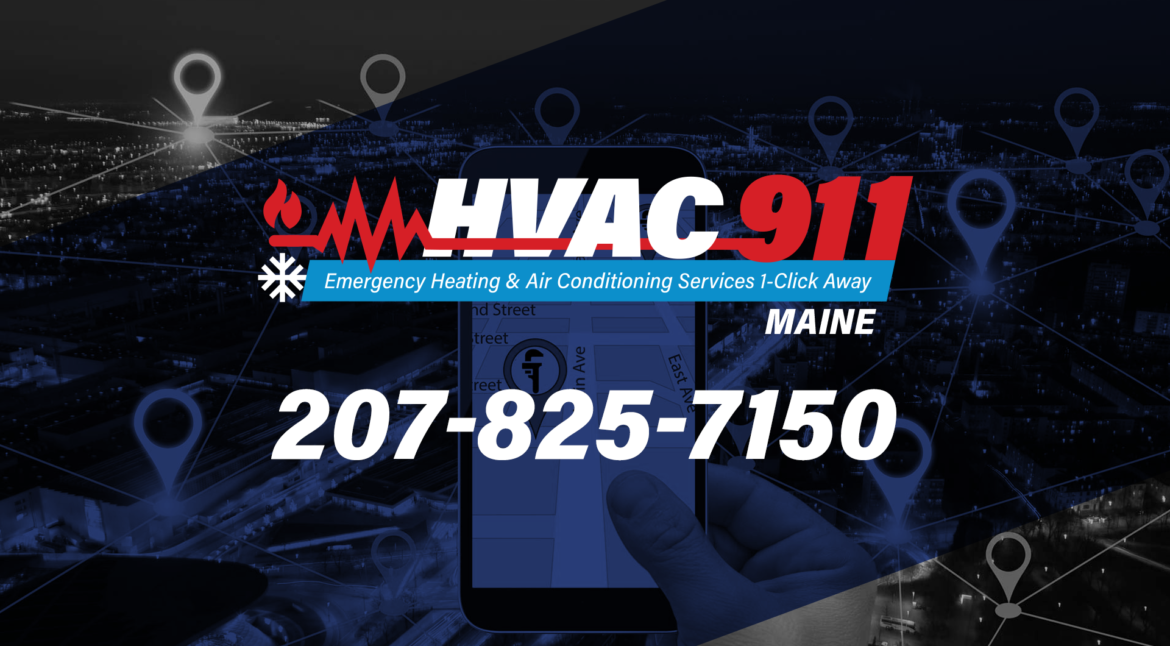When you own your home, sometimes the invisible damage is the most costly.
If you have a shower or other pipe leaking behind a wall, you might not discover the problem until the damage is done. In the end, besides the actual leak, you may be dealing with mold issues and may need to replace rotten drywall, studs and even the flooring.
Once you find the leak, you already have a plumbing emergency. Hidden shower leaks need to be dealt with right away by a licensed plumber like the contractors at Plumbers 911 Vermont.
Signs you have a hidden shower leak
A common sign of a hidden shower leak is when you have a damp, musty odor in your bathroom you cannot get rid of, no matter how much you clean. You also may notice wet spots on your walls, floors or ceiling.
Keep in mind that damp areas are not necessarily near the leak’s location. Water travels the path of the least resistance. The leak may be in one place and the puddle in another.
It could be so bad that water drips through to a lower floor. The problem needs to be addressed immediately by a licensed plumber available from the contractors at Plumbers 911 Vermont.
The dangers of a hidden shower leak
A hidden shower leak is not good. First, it can lead to a buildup of mold and mildew, which can be a severe health concern, especially for those with asthma or other breathing issues. Mold can grow on wet drywall at least 24 hours after exposure. Any moldy drywall will need to be replaced.
Leaking water can also rot studs, struts and other supportive features in your wall. It can rot floorboards that will need to be replaced. Wood rot can lead to severe infestations of termites or cockroaches.
The sooner you catch a hidden shower leak; the less expensive the damage will be. We recommend having your home inspected by a licensed plumber if you suspect or notice a leak.
How to determine where your shower is leaking
The first step is to identify you have a leak, and then trace the leak back to its source. Tracing the leak can be tricky because the source is not always obvious. Look for dampness on the walls, on the floor or on the ceiling. You may notice a musty smell.
Eliminate other potential causes first, such as a misplaced shower curtain or a mess caused by a child. Once you have identified or even suspect you have a leak, it is best to call a licensed plumber for further inspection. They are trained to spot the source of the leak and can get to the bottom of the problem before it becomes a disaster.
Be prepared to cut into the walls to find the leak
Most modern homes have shower plates. The plates easily remove a portion of the wall near the shower that provides access to internal plumbing. This is the first spot you want to check for the source of the leak.
If your home does not have a shower plate, a licensed plumber will have to cut into the walls to search for the source of the leak. This may seem invasive, but it is the most proactive way to deal with the problem before mold and rot run rampant.
Hire Maine HVAC techs through HVAC 911 to install your geothermal heat pump
Are you interested in installing a geothermal heat pump? HVAC 911 can connect you with an HVAC contractor in Maine who can help you take advantage of the federal tax credit and save on installing a new geothermal heat pump. The Maine contractors referred to you through HVAC 911 are experienced in geothermal heat pump installation and can help you choose the system that bests meets your needs.
Our Maine HVAC Techs are highly trained and fully vetted. They are drug tested, insured and bonded. Call HVAC 911 and schedule a time for a Maine technician to come to your house.
